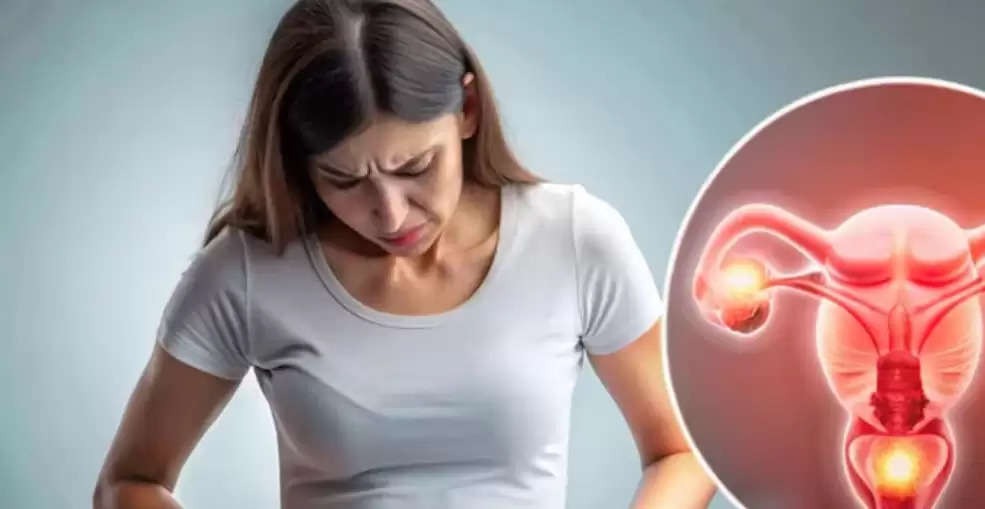Connection between PCOS and Hypothyroidism: The two most common endocrine disorders affecting women of reproductive age are polycystic ovary syndrome (PCOS) and hypothyroidism. Although these two medical conditions are distinct with different etiologies, there is evidence of significant overlap between them. Both can cause metabolic, reproductive, and hormonal imbalances, so women affected by either disorder should realize the potential connection between them.
What are PCOS and hypothyroidism?
According to senior gynaecologist Dr Garima Swahani, “PCOS is a medical condition of hormonal disorder in which multiple cysts form inside the ovaries and menstruation becomes irregular, which is associated with abnormally high levels of androgens – male hormones. The major symptoms include weight gain, acne, excessive hair growth and even hirsutism, as well as most importantly, the inability to potentially get pregnant. Insulin resistance is a major sign of PCOS which eventually often leads to a metabolic defect – type 2 diabetes.”
“Hypothyroidism, on the other hand, occurs when the thyroid is unable to produce enough of the necessary thyroid hormones. These hormones have a significant impact on metabolism, growth, and development, so such a deficiency can interfere with these processes.”
Disadvantages of PCOS and Hypothyroidism
Several studies have reported a particularly high correlation between hypothyroidism, especially subclinical, and PCOS. Women with PCOS are more likely to develop thyroid dysfunction, and vice versa, they may also be affected by thyroid dysfunction, linking the two conditions. Much of this relationship is due to the cross-talk between thyroid hormones and reproductive health.
1. Hormonal imbalance
Thyroid hormones are essential for the normal functioning of the reproductive system. When hypothyroidism occurs, TSH can increase and interfere with ovarian function, leading to the menstrual disturbances that often characterize PCOS. Both medical conditions are also associated with increased androgen levels that can exacerbate symptoms of acne and hirsutism.
2. Metabolic disorders
The biggest link between PCOS and hypothyroidism is insulin resistance, which is of similar origin. This is the main reason behind the hormonal imbalance in PCOS, and in hypothyroidism, a decrease in thyroid hormones leads to a lower metabolic rate, which leads to weight gain and insulin resistance. Such metabolic overlap creates a vicious cycle of excess weight gain that exacerbates fertility problems and hormonal imbalances, which occur in women suffering from either or both of the two conditions.
3. Autoimmune association
Hashimoto's thyroiditis is one of the most common associated autoimmune diseases and causes hypothyroidism, which is often seen in patients with PCOS. Autoimmune diseases tend to be clustered; therefore, women with PCOS were found to have an increased propensity for other autoimmune diseases related to the thyroid.
4. Effects on fertility
Both PCOS and hypothyroidism can impair female fertility. In cases of PCOS, women usually suffer from ovulation dysfunction, leading to relatively low fertility. Hypothyroidism hinders the process of ovulation and leads to amenorrhea or irregular menstruation, which means low chances of pregnancy. Improving fertility outcomes in women with a combination of both medical conditions will largely depend on the measurement of thyroid status.
Diagnosis
If both medical conditions are closely associated, it is important for women to undergo a complete hormonal evaluation to diagnose either condition. Therefore, tests of thyroid function, including TSH and free T4, can be useful to identify thyroid abnormalities. In PCOS, managing insulin resistance by diet, exercise, and medication can also reduce the risk of thyroid dysfunction.
Treatment
The usual treatment of hypothyroidism involves replacement therapy with thyroid hormone over a long period of time to reduce symptoms and enhance metabolic functions. Simultaneous treatment of PCOS and hypothyroidism may improve menstrual irregularities and reproductive outcomes.
 look news india
look news india
